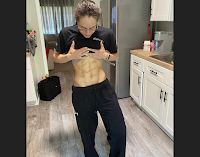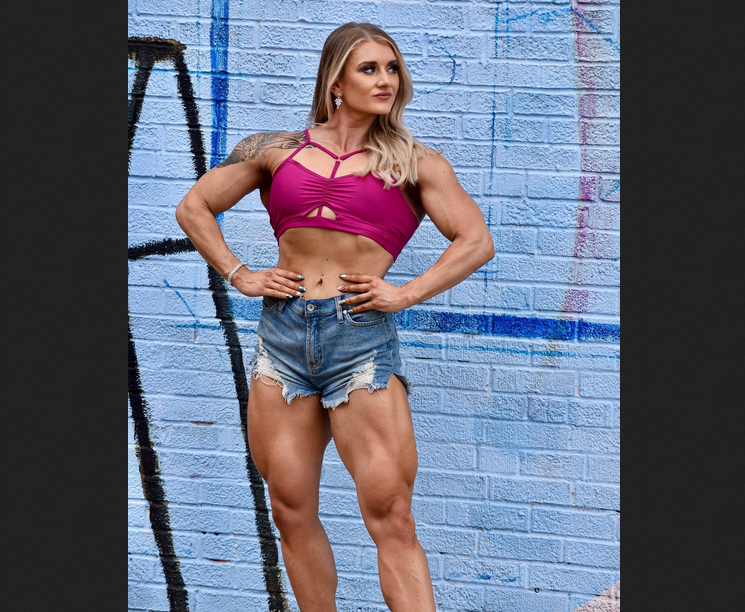Most people who are
serious about weightlifting or bodybuilding will hire a personal trainer
at some point. Personal training helps in a lot of ways, so let's take a
look at what your new certified personal trainer already knows and what
you need to tell them about yourself.
When a man or woman gets
certified as a personal trainer they learn a lot about body composition,
weight loss, nutrition and, of course, the effects of weightlifting on
the body. So just by looking at you they have some clues as to your
current state of health and your nutritional habits. What they can't
tell is what medical conditions you have. But then again, unless you've
been to your doctor recently neither can you.
Medical conditions
like high blood pressure (hypertension) and diabetes are often present
with no external indications, so you need to have a recent checkup and
pass that information on to your person trainer. The former affects the
type and intensity of exercises you should be starting with while the
latter will affect your nutrition plans. By not knowing about these
and/or not telling your certified personal trainer you're risking
complications and even possible death. That's why you so often hear
about the necessity of having a full physical with your doctor before
beginning any exercise program, including personal training.
A
good trainer also knows a lot about maximizing nutrition to see that you
get the right number of calories and the correct balance of macro- and
micro-nutrients to safely and effectively lose weight or build lean
muscle mass. But what they don't know when first starting with you is
your personal metabolism - that is, the rate your body burns through
it's fuel. Your body type and body composition will provide some clues,
but it will take a bit of time for your certified personal trainer to
observe the results of the diet he or she proposes for you.
👉 What A Certified Personal Trainer Does, And Doesn't, Know About You (Part 2)


































No comments:
Post a Comment